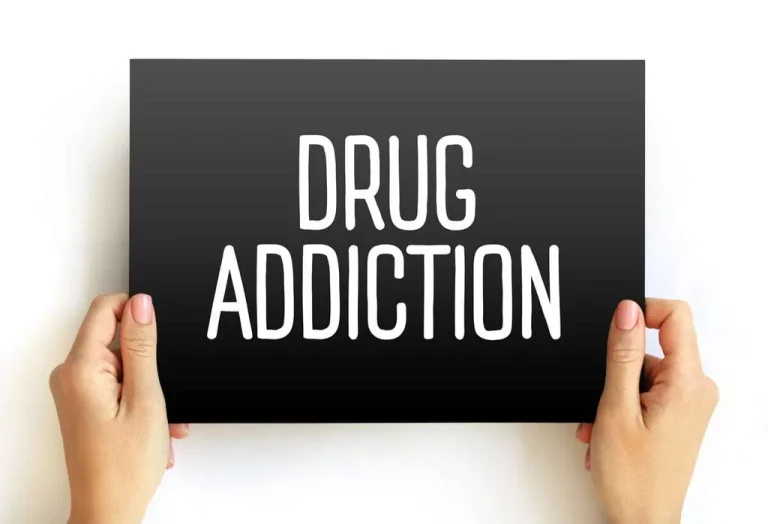
With 17 years of relevant experience, she has helped several clients in their journey to recovery from addiction. Eventually, that bloody mary you had at brunch will leave your system, and you’ll have to deal with the aftermath. If you have trouble interpreting your results, consider consulting a medical professional. But again, what you sip determines how long it’ll take for the alcohol from your booze sesh to clear out of your system.
Is Alcohol Giving Me Insomnia?
Of course, how many drinks per hour someone had will also affect these factors. If you’re a heavy drinker, you may need to wean off alcohol to let your body how to flush beer out of your system adjust. If you’re experiencing severe symptoms of alcohol withdrawal, be sure to talk to a healthcare provider. That’s why many of us wonder if a month of avoiding drinking is enough to “reset” your liver back to normal. It’s true that taking a break from alcohol for any amount of time will be beneficial overall, with some research showing that liver function begins to improve in as little as two to three weeks.
- It should not be used in place of the advice of your physician or other qualified healthcare provider.
- From age, metabolism, and even the type of food someone eats (or doesn’t) impacts how long alcohol stays in the system.
- If you don’t have enough ADH or ALDH, your stomach will send the alcohol directly to the small intestine.
How Long Does It Take To Metabolize Alcohol
- The “Et” stands for the ethyl group (C2H5) and OH represents the hydroxyl group (OH), which together form ethanol (C2H5OH).
- Eating oily fish high in Omega-3 fatty acids can protect the brain against irreversible damage from alcohol consumption, warding off dementia and other conditions.
- For example, you might be drinking to cope with depression or anxiety.
- The EtG urine test is essential when complete abstinence is required, such as during withdrawal or in professional settings with zero-tolerance policies.
- It can help you practice moderation and remind you to space out your drinks.
- But a full detox is needed for the most benefit, and how much time that takes depends on a variety of personal factors.
Severe impairment also increases your risk of alcohol overdose and loss of consciousness. For example, senior citizens are particularly vulnerable to alcohol because of age-related changes to their bodies. Older people experience a decrease in body water, loss of muscle tissue and decreased metabolism — all of which affects alcohol absorption. The organ breaks down the alcohol into acetaldehyde, a chemical the body recognizes as toxic. Acetaldehyde metabolizes into carbon dioxide, which the body can eliminate. Consuming just one alcoholic drink a day with non-steroidal anti-inflammatory drugs like Advil, Aleve or aspirin can increase your risk of gastrointestinal bleeding by 37%, according to the NIAAA.

Quick Tips: How to Get Alcohol Out of Your System Fast
- Factors like body type, gender, eating and drinking water can all affect how long it takes to feel sober.
- A urine test can usually pick up alcohol up to 24 hours after drinking, but a 2007 study showed that some tests can potentially detect alcohol for much longer.
- Alcohol dehydrogenase breaks the booze down into ketones that exit your body via pee, sweat, or breath.
- This length of time usually depends on how recently and how much you drank.
There has been some research conducted on how abstaining from alcohol detoxifies your liver over time. If you’re more of a moderate to occasional drinker, you may find the hardest part of stopping drinking to be the social pressures. If you or a loved one is grappling with alcohol dependence and facing challenges in quitting drinking, reaching out for support is essential. At Ria Health, we offer an online treatment program designed to assist individuals in marijuana addiction reducing their alcohol consumption or achieving complete abstinence. Our program is accessible nationwide, allowing you to receive assistance from the comfort and security of your home.
Your liver is responsible for breaking down the majority of alcohol in your body. As a matter of fact, 90% of the metabolism of alcohol into water and carbon dioxide is performed by the liver. The remaining 10% is removed through the lungs (breathing), kidneys (urine), and skin (sweating). I’m going to tell you how alcohol affects your body, how to get alcohol out of your system, and natural ways you can support your body’s detoxification process. Your symptoms may be similar, such as anxiety, headaches, nausea, and sleep disturbance. But hangover symptoms tend to last no more than one day, while alcohol withdrawal can last up to a week or more.

How long does alcohol stay in your pee?
The evaluation consists of 11 yes or no questions that are intended to be used as an informational tool to assess the severity and probability of an AUD. The test is free, confidential, and no personal information is needed to receive the result. Ria Health offers several FDA-approved medications for alcohol use disorder. When combined with counseling, this approach is proven highly effective.
Next stop: the liver

This causes alcohol to stay in your system for longer periods of time. Sunnyside is the leading alcohol health platform focused on moderation and mindfulness, not sobriety. On average, members see a 30% reduction in alcohol consumption in 3 months, leading to improved sleep, diet, and overall wellbeing.
Alcohol can be metabolized faster when you have eaten prior to drinking. When you have food in your stomach, your ADH levels are higher, and your body can process alcohol more efficiently. Food also keeps alcohol in the stomach longer, so some of it is metabolized before traveling to the small intestine. The half-life of alcohol is four to five hours, which represents how long it takes your body to get rid of half of the alcohol you have consumed. It takes five half-lives for your body to metabolize all of the alcohol you’ve had, anywhere between 20 to 25 hours on average.
